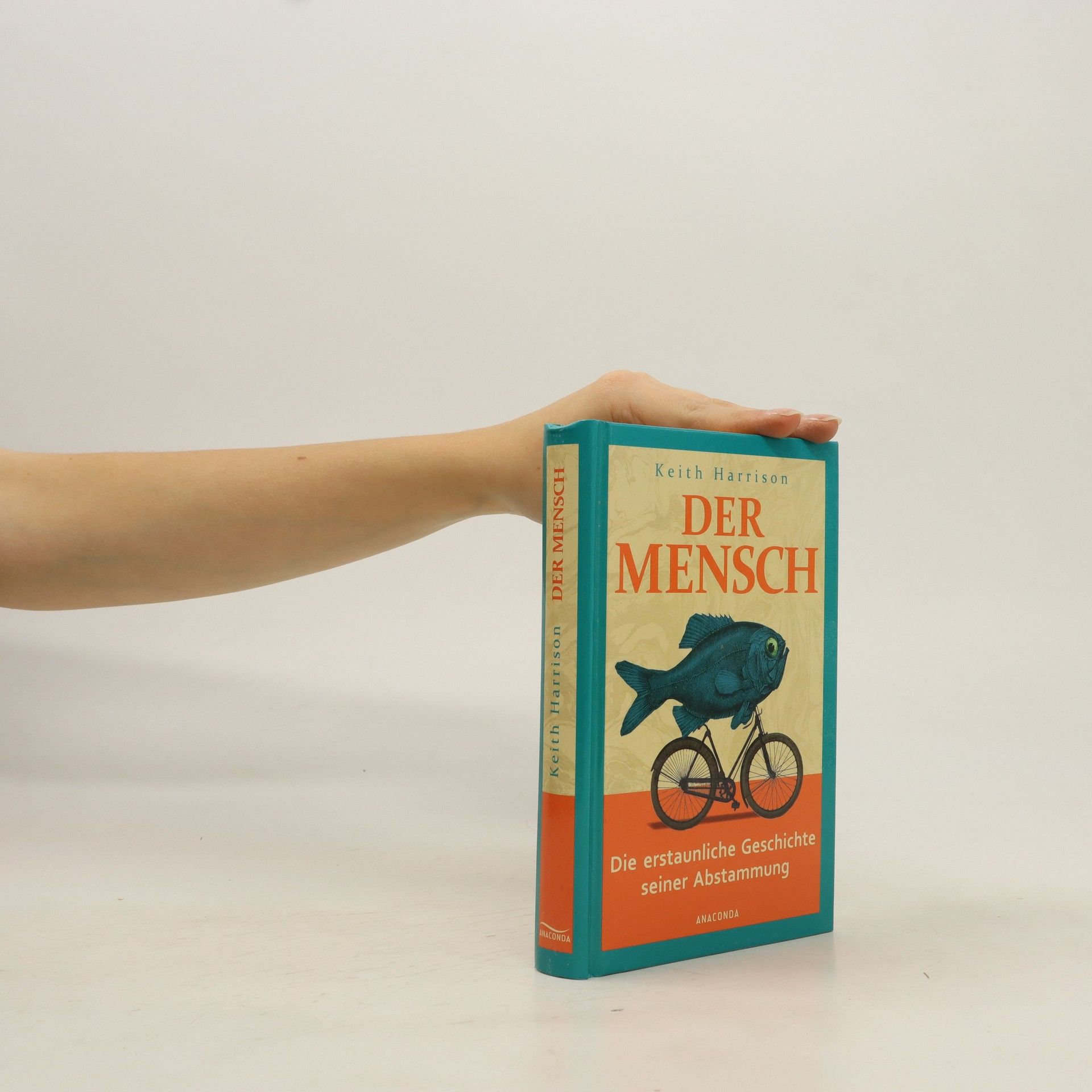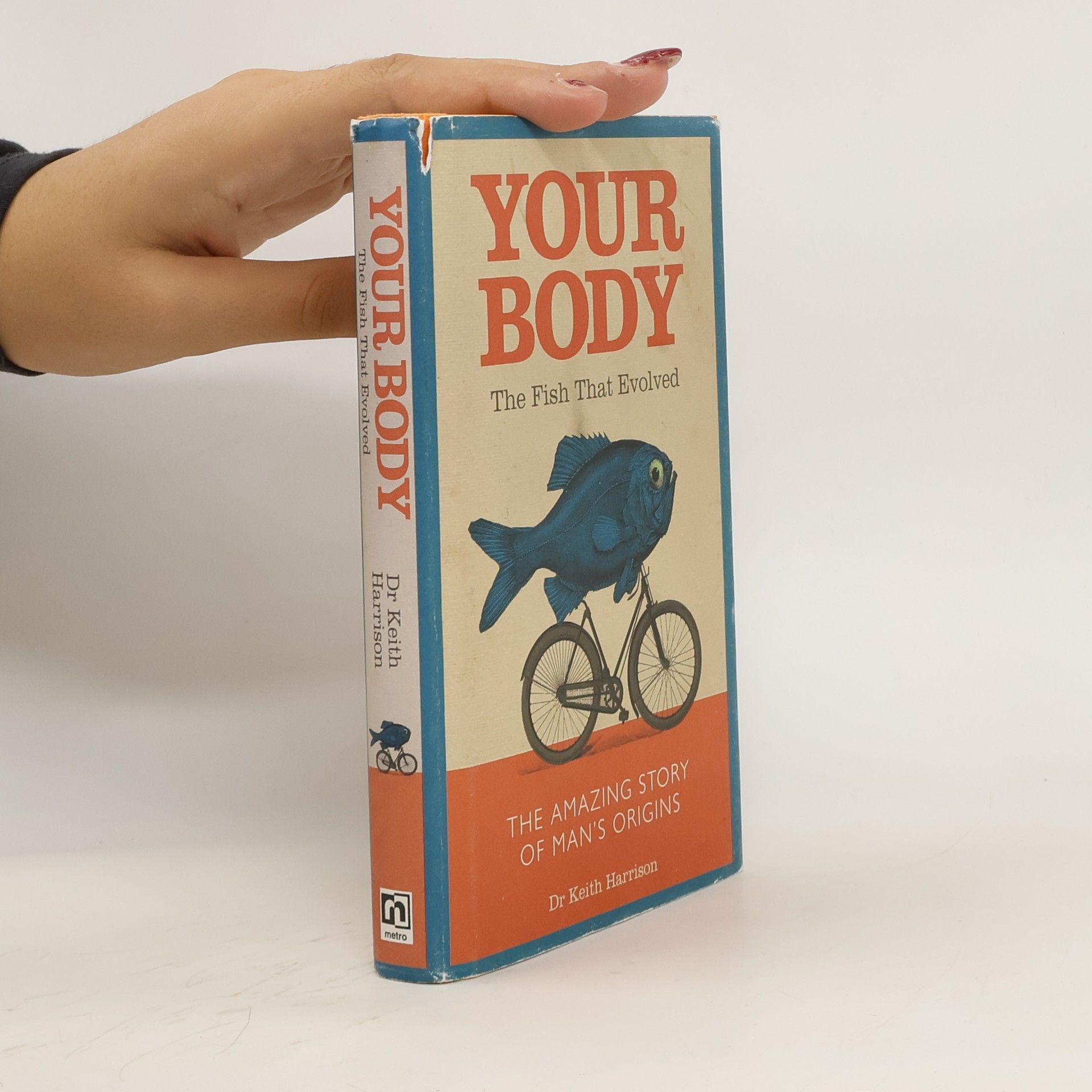Through a unique narrative approach, the author shares glimpses of his life across three countries, emphasizing the inner tone and timbre of his experiences. Instead of a conventional autobiography, he crafts a musical structure that incorporates poetry and reflections, providing context absent from his previous works. The use of ellipses, leaps, and silences enriches the storytelling, making it an exploration of memory and artistic expression rather than a straightforward life account.
Keith Harrison Knihy




We know more about our bodies than ever before, but there remain many unanswered questions. Accessible and endlessly fascinating, this discussion of evolution and the human body reveals which features humans have inherited from fish, amphibian, reptile, four-legged mammal, and primate ancestors; while also exploring how the human body is likely to evolve in the future. Such questions as Why do our elbows and knees bend in opposite directions? Why do men and women walk differently? Why do men have nipples? Why is childbirth so painful? Why do we sleepwalk? and Why do so many of us suffer from back pain and dental problems? have fascinating answers rooted in human evolution from fish.
Wir wissen mehr über unseren Körper als jemals zuvor; warum gibt es trotzdem noch so viele offene Fragen? Warum beugen sich unsere Ellenbogen und Knie jeweils in eine andere Richtung? Warum ist der aufrechte Gang von Männer und Frauen unterschiedlich? Warum haben Männer Brustwarzen? Warum ist die Geburt eines Kindes so schmerzvoll? Warum nachtwandeln wir? Warum leiden so viele von uns unter Rücken- und Zahnschmerzen? Dieses Buch gibt Antworten auf diese und viele andere Fragen, indem es unsere biologische Herkunft verfolgt, nicht vom Affen her, sondern viel früher beginnend: beim Fisch. Leicht verständlich und faszinierend deckt dieses Buch auf, welche Eigenschaften wir von unseren Fisch-, Amphibien- und Reptil-Vorfahren sowie von vierbeinigen Säugetieren und Primaten geerbt haben. Außerdem gibt es einen Ausblick darauf, wie sich der Körper des Menschen in der Zukunft weiterentwickeln könnte.
Woher kommt der Mensch? Gott schuf den Menschen zu seinem Bilde, sagt die Bibel. Unsere Vorfahren sind die Primaten, sagt die Evolutionstheorie. Aber war da nicht noch etwas davor? Gespickt mit Überraschungseffekten verfolgt Keith Harrison die Spuren unserer Abstammung bis zu den Fischen vor über 500 Millionen Jahren. Und geht Fragen zu unserem Körper nach, die wir als Selbstverständlichkeit wahrnehmen: Warum haben Männer Brustwarzen? Warum können wir mit den Schultern zucken? Und wie es mit uns weitergeht, steht im Ausblick auf die Zukunft, denn: Evolution hört nicht auf!